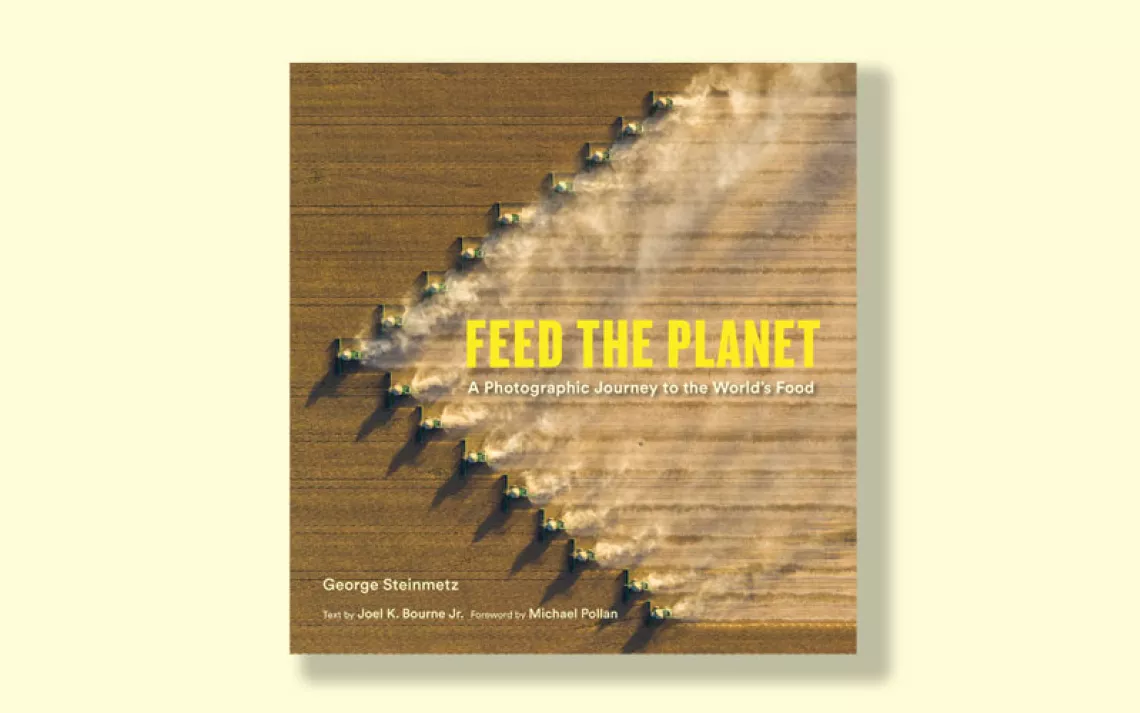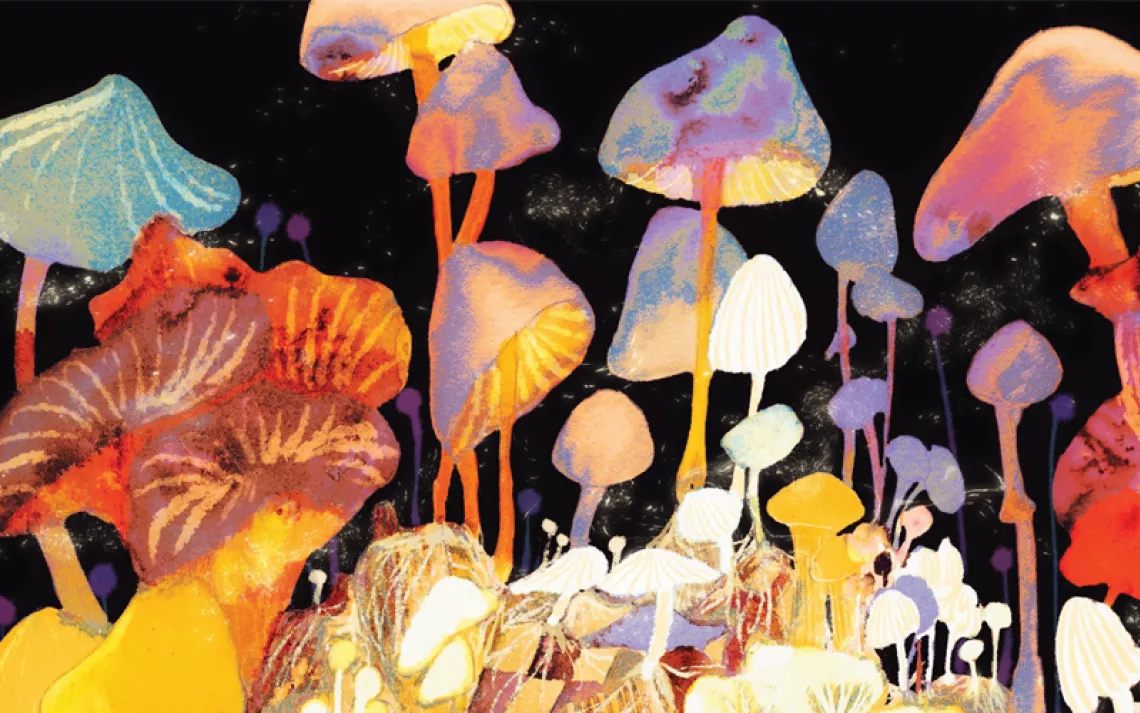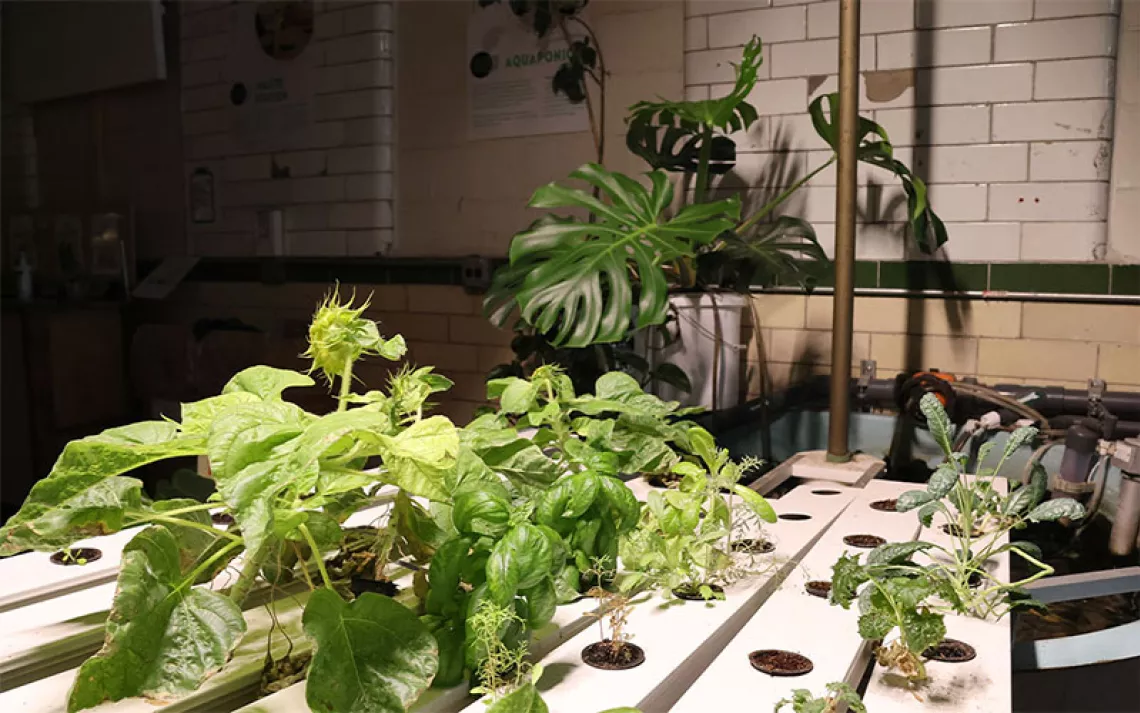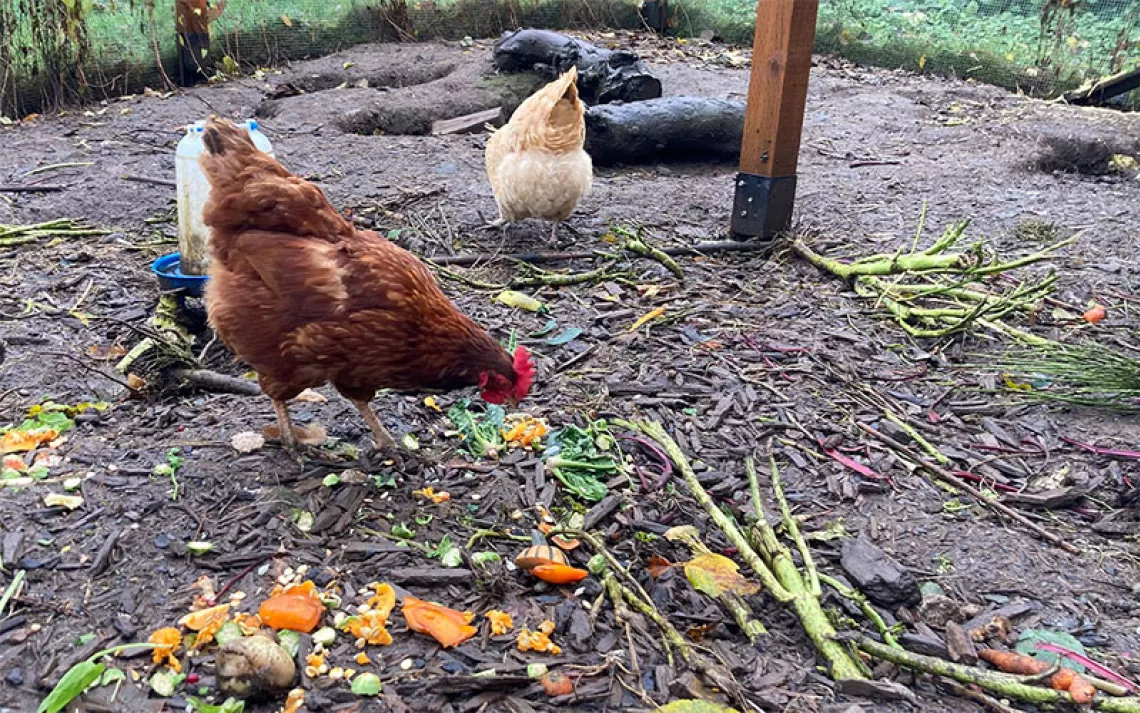Drink to Biodiversity With 9 Ciders Made From Heirloom Apples
The cider craze is reviving the commercial market for these rare fruits

Until Prohibition, many Americans regularly sipped cider—which was made from a mix of orchards' then-unpredictable apple varieties. As agriculture became more industrialized, farmers shifted their focus to a limited selection of apples meant for eating and cooking. Now, modern cider makers are seeking out qualities other than "sweet" and "travel-hardy" in their quest to produce the ultimate American tipple—and their concoctions are reviving the market for rare and heirloom fruits.

When hobbyist winemakers Terry and Judith Maloney moved from California to Massachusetts in the 1970s, they embraced a new fruit for fermenting and in 1984 founded WEST COUNTY CIDER. They still use winemaking techniques, with a focus on single-varietal products. Redfield, the United States' first commercial rosé cider, showcases its namesake fruit's ruby hue. $13 to $16 for 750 ml, westcountycider.com

Many of Wisconsin-based ÆPPELTREOW WINERY & DISTILLERY's ciders are made largely from antique varieties. The Americana, for example, blends colonial American apples such as Hewes, grafted directly from Monticello, and Albemarle pippin, which has survived to modern times as a canning apple. $12 for 750 ml, aeppeltreow.com

The crafters of ALPENFIRE CIDER maximize Port Townsend, Washington's temperate seaside climate to grow bittersweet and bitter-sharp apples for an earthy flavor. Recently, they added several types of high-acidity local heirlooms for balance. Try Spark, a slightly sweet blend of the king, winter banana, Burgundy, and brown snout varieties. $16 to $32 for 750 ml, alpenfirecider.com

ALBEMARLE CIDERWORKS' orchard, based outside Charlottesville, Virginia, includes more than 200 cultivars. Albemarle's cider makers embrace newer apple varieties as well as heritage fruit. 1817, made from a recipe documented that year, blends three rare cider apples. $16 to $26 for 750 ml, albemarleciderworks.com

ANGRY ORCHARD cider makers research apple varieties and develop new cider styles at their research orchard in New York's Hudson Valley, on land where apples have grown for at least 100 years. Walden Hollow—made with heirloom fruits including Newtown pippin, golden russet, and Rhode Island greening—is available nationwide. $15 to $18 for 750 ml, angryorchard.com

EVE'S CIDERY grows only cider-specific apples. Known as "spitters," these varieties are usually inedible but provide the tannins, acidity, and complex aromatics of traditional ciders. Albee Hill is a dry, noncarbonated treat made from 13 varieties, including Idared, Bramley's seedling, and Ellis bitter. $16 to $18 for 750 ml, evescidery.com

In Pennsylvania's Delaware Valley, FRECON FARMS' growers combine acidic, sweet, bitter, and aromatic apples prior to pressing, which results in a nice, balanced cider. Try Early Man, which is made with early-maturing varieties from the orchard's original stock, such as McIntosh and Gravenstein. $13 for a four-pack, freconfarms.com

ARGUS CIDERY FERMENTABLES sources fruit from small farmers in parts of Texas where mild winters, cool nights, and ample sunshine cause sweet apples to behave more like bitter sharps—their acidity adds complexity to a cider. The Austin-based cidery makes locally available small-batch ciders from southern apples such as Melrose, Jonathan, stellar, and Arkansas black. In addition, Argus produces and cans ciders sourced from Pacific Northwest apples to about 20 states. arguscidery.com

For more than two decades, FOGGY RIDGE CIDER, led by Diane Flynt—thrice nominated as a James Beard Best Wine, Beer or Spirits Professional—took an old-school, best-of-the-orchard approach to crafting cider. The Virginia-based cidery blends heirloom American cider apples like Harrison, graniwinkle, and Roxbury russet with traditional European cider varieties (which tend to be more bitter), such as Dabinett and Tremlett's bitter. foggyridgecider.com
This article appeared in the September/October 2018 edition with the headline "Cider Goes Old-School."
 The Magazine of The Sierra Club
The Magazine of The Sierra Club



